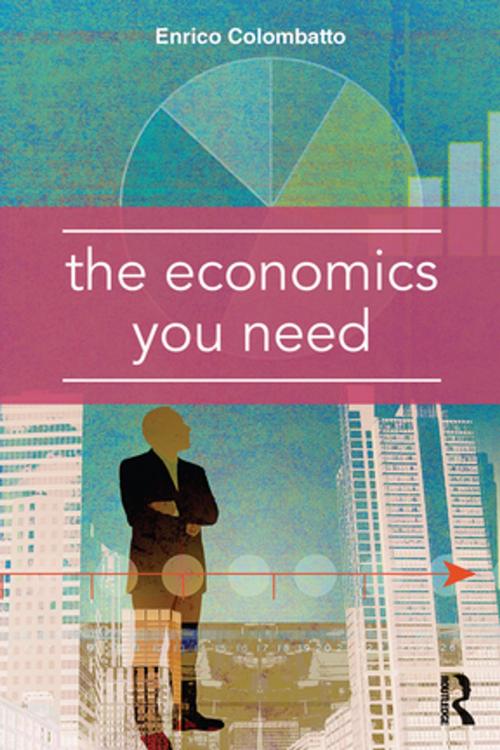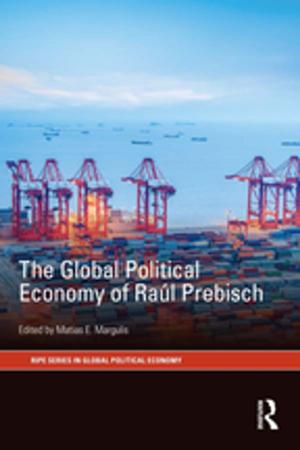| Author: | Enrico Colombatto | ISBN: | 9781317332688 |
| Publisher: | Taylor and Francis | Publication: | April 28, 2016 |
| Imprint: | Routledge | Language: | English |
| Author: | Enrico Colombatto |
| ISBN: | 9781317332688 |
| Publisher: | Taylor and Francis |
| Publication: | April 28, 2016 |
| Imprint: | Routledge |
| Language: | English |
This short book offers a rigorous yet user-friendly introductory guide for students who need to grasp the essential concepts of economics quickly. It provides a serious, clearly understandable and systematic account of the key elements of economics, with a focus on theory and principles.
The Economics You Need provides the ideal introduction for students approaching economics from other academic disciplines, as it uses only a limited amount of economics jargon, and is constructed so that several chapters can be read independently of the others. This book is structured around the premise that a set of theoretical steps are necessary for understanding economics as a way of thinking, rather than as a set of solutions. It also encourages the reader to consider alternatives to common assumptions, to acknowledge the need for value judgements and to foster fresh thinking in an imperfect world.
This engaging primer will be essential reading not only for students of economics, but also for students with a background in disciplines such as politics, international relations and business studies.
This short book offers a rigorous yet user-friendly introductory guide for students who need to grasp the essential concepts of economics quickly. It provides a serious, clearly understandable and systematic account of the key elements of economics, with a focus on theory and principles.
The Economics You Need provides the ideal introduction for students approaching economics from other academic disciplines, as it uses only a limited amount of economics jargon, and is constructed so that several chapters can be read independently of the others. This book is structured around the premise that a set of theoretical steps are necessary for understanding economics as a way of thinking, rather than as a set of solutions. It also encourages the reader to consider alternatives to common assumptions, to acknowledge the need for value judgements and to foster fresh thinking in an imperfect world.
This engaging primer will be essential reading not only for students of economics, but also for students with a background in disciplines such as politics, international relations and business studies.















